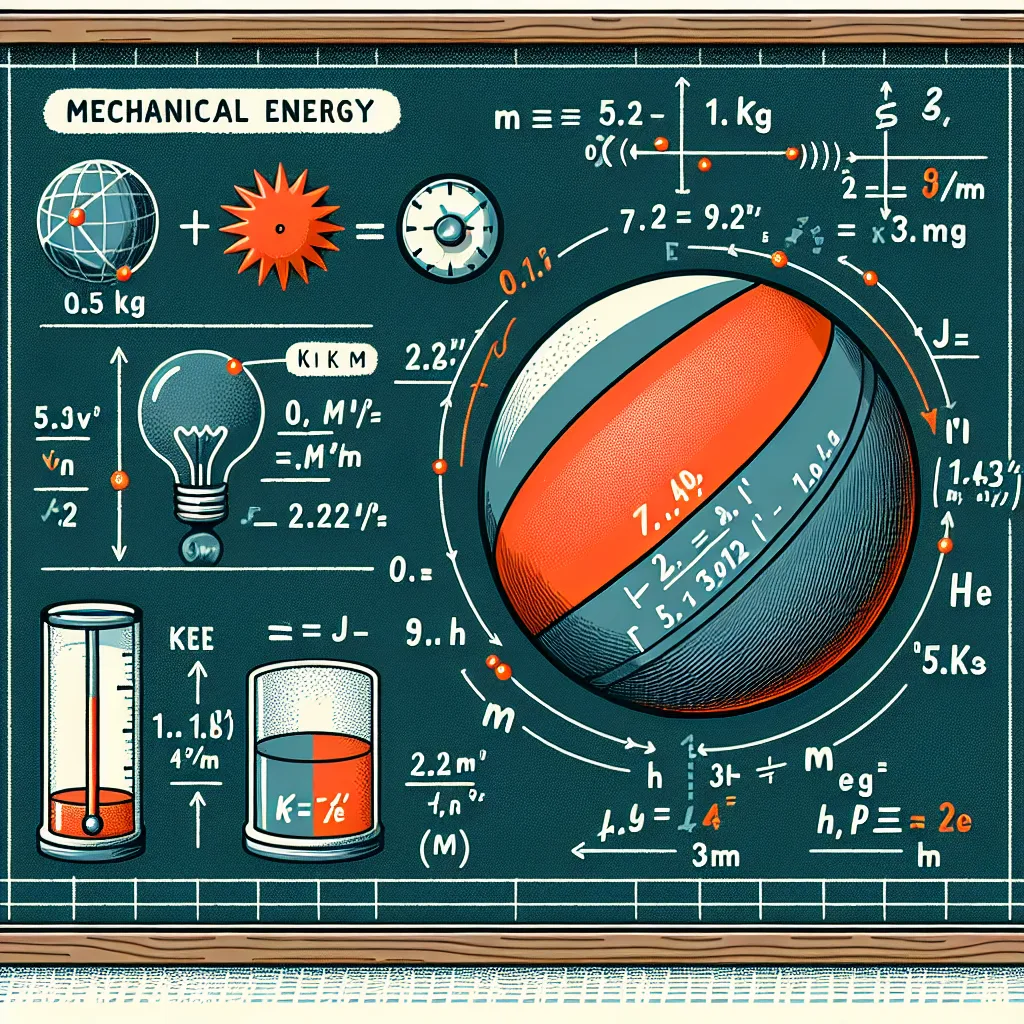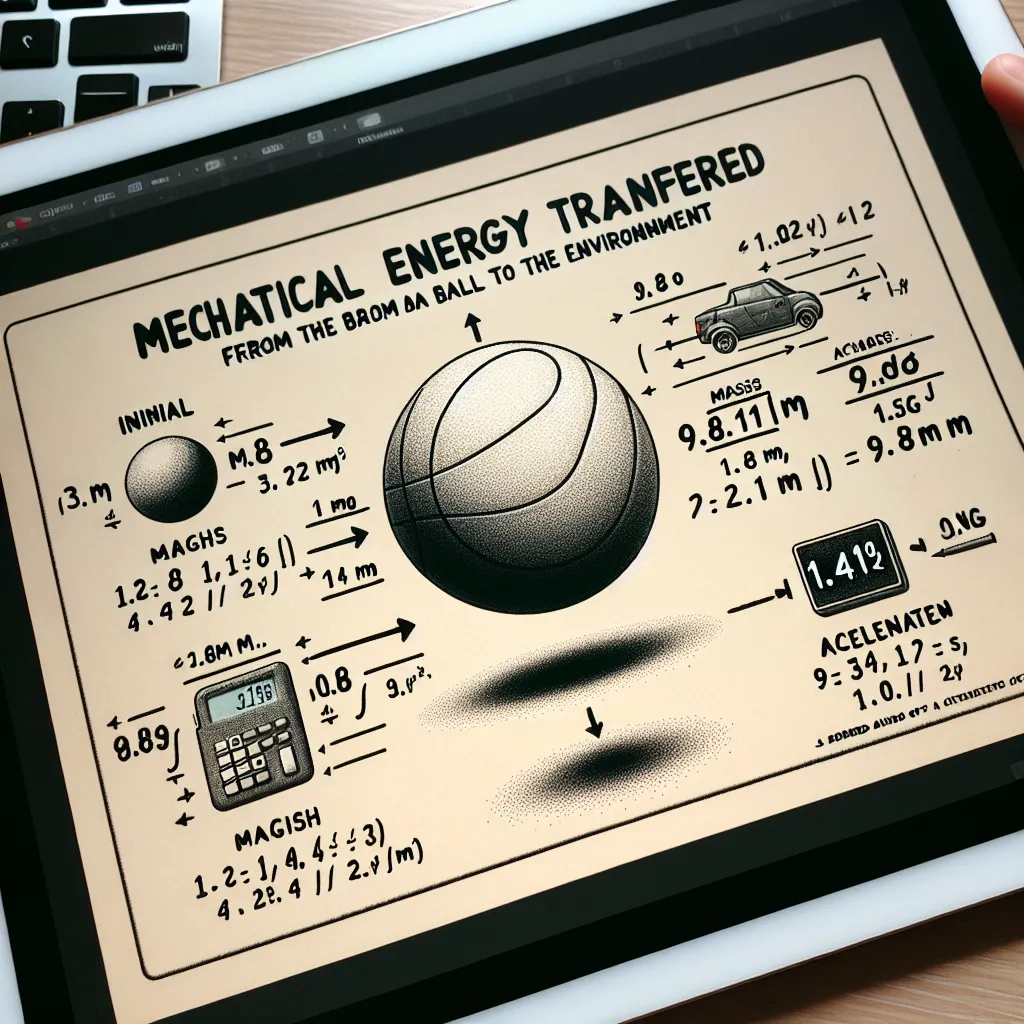Ask AI on The Internet
Question: Culculate the entropy change when 3 moles of a perfect gas is allowed to expand at 300k from a volume of 2cm3 to 13 cm3
To calculate the entropy change ΔS, you first need to know the general formula for entropy change for a perfect or ideal gas: ΔS = n*R*ln(V2/V1), where: n = number of moles R = Universal gas constant (8.314 J/(K*mol) V1 = Initial volume V2 = Final volume Note that volumes should be in the same units. Now, applying the data from your question: n = 3 moles R = 8.314 J/(K*mol) (universal gas constant) V1 = 2 cm³ V2 = 13 cm³ Even though it is not usually necessary to convert the volume to larger units such as m³ when calculating entropy changes (since the ratio V2/V1 would remain the same), we'll do it here to avoid possible confusion: 1 m³ = 1,000,000 cm³, so: V1 = 2 cm³ = 2 * 10^-6 m³ V2 = 13 cm³ = 13 * 10^-6 m³ Now you can substitute these values into the entropy change formula: ΔS = n * R * ln(V2/V1) = 3 * 8.314 * ln((13 * 10^-6) / (2 * 10^-6)) = 24.942 * ln(6.5) Now using the natural logarithm of 6.5, which is approximately 1.8718: ΔS = 24.942 * 1.8718 ΔS ≈ 46.7 J/K. So, the entropy change, when 3 moles of a perfect gas is allowed to expand at 300K from a volume of 2 cm³ to 13 cm³, is approximately 46.7 joules per kelvin. I hope this helps! If you have any other questions, don't hesitate to ask.
A new large language model has been made available since this question was asked.
To generate an updated answer from the new model, click the button below.
Think your answer is better than the AI's? Post it below.
Other Most Relevant Posts:
Question Tags
If you want your question answered by an AI, click here.







Post your own comment: